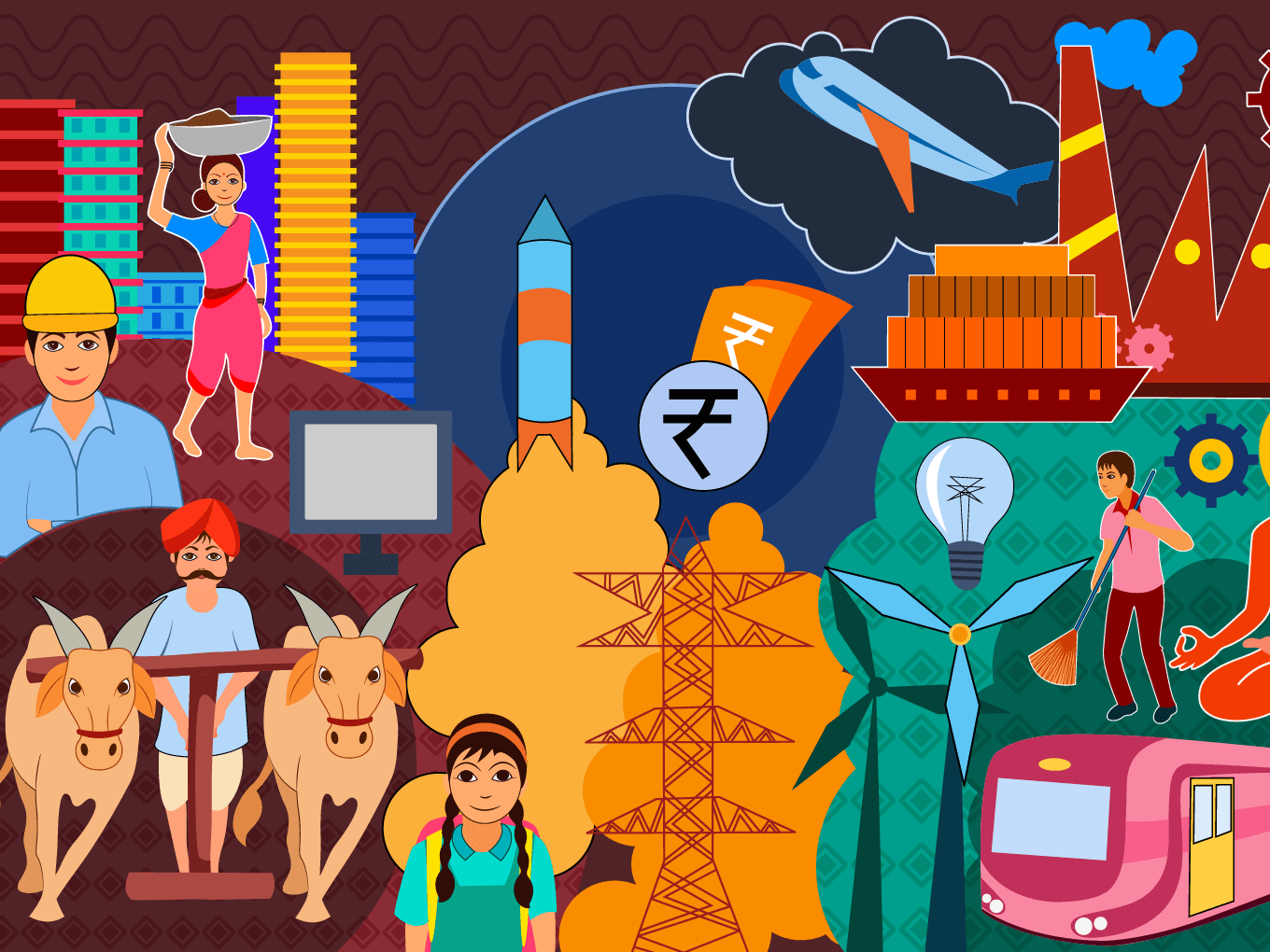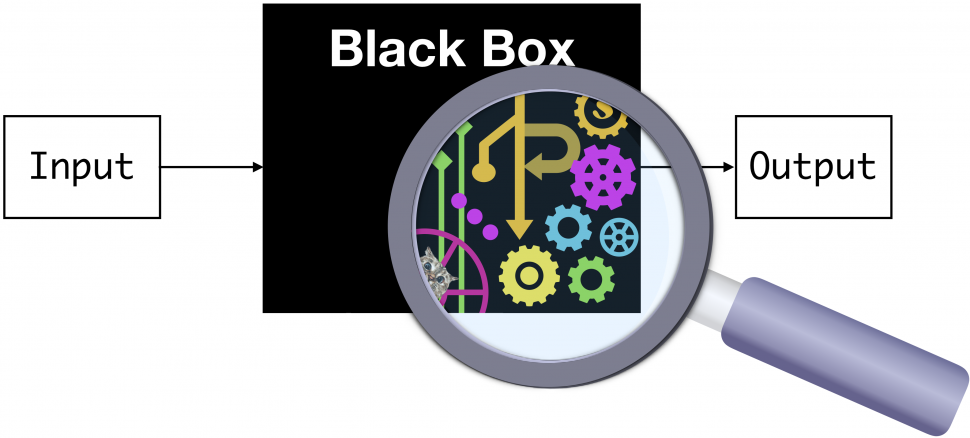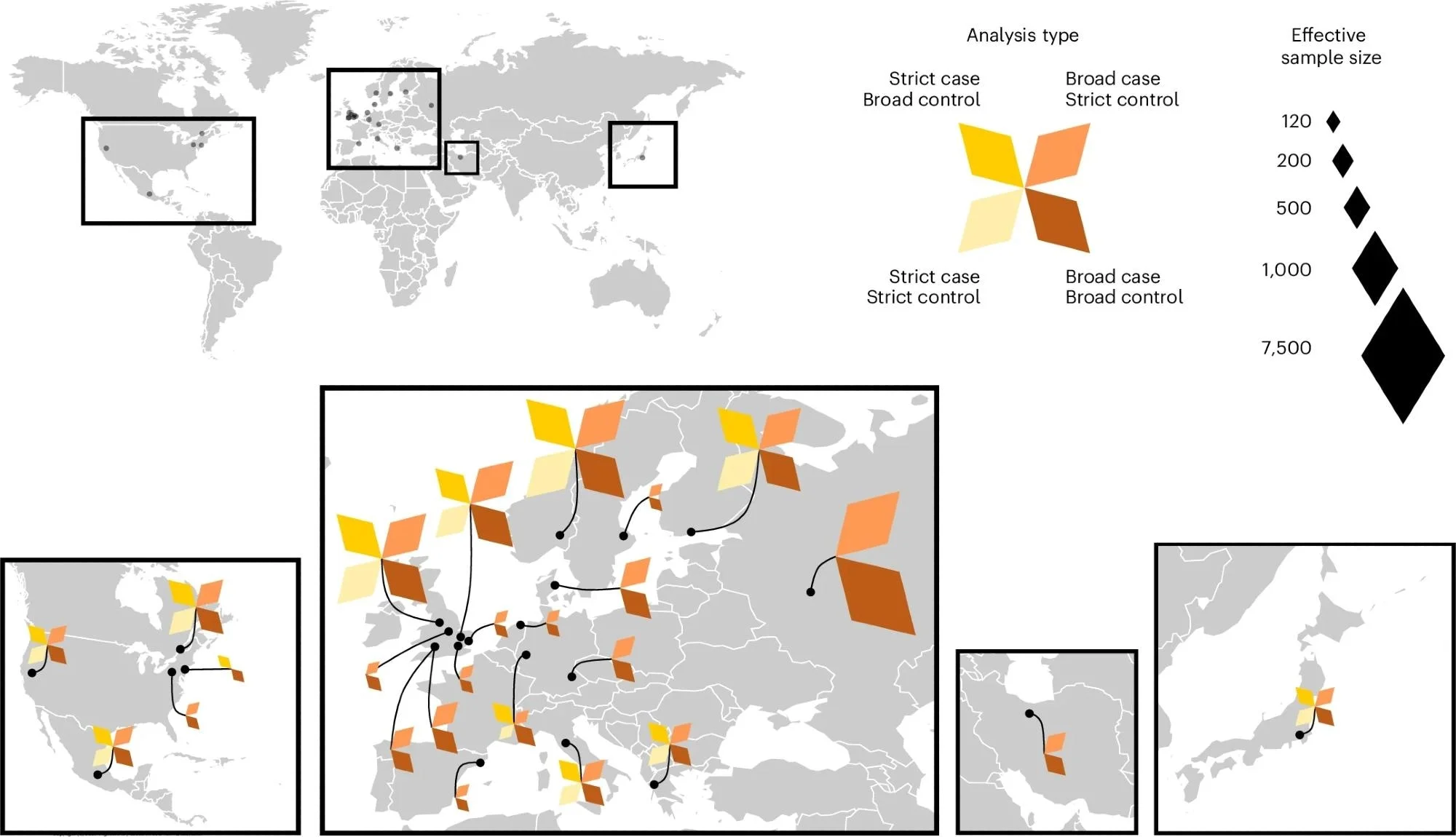- Courses
- GS Full Course 1 Year
- GS Full Course 2 Year
- GS Full Course 3 Year
- GS Full Course Till Selection
- Answer Alpha: Mains 2025 Mentorship
- MEP (Mains Enrichment Programme) Data, Facts
- Essay Target – 150+ Marks
- Online Program
- GS Recorded Course
- Polity
- Geography
- Economy
- Ancient, Medieval and Art & Culture AMAC
- Modern India, Post Independence & World History
- Environment
- Governance
- Science & Technology
- International Relations and Internal Security
- Disaster Management
- Ethics
- NCERT Current Affairs
- Indian Society and Social Issue
- NCERT- Science and Technology
- NCERT - Geography
- NCERT - Ancient History
- NCERT- World History
- NCERT Modern History
- CSAT
- 5 LAYERED ARJUNA Mentorship
- Public Administration Optional
- ABOUT US
- OUR TOPPERS
- TEST SERIES
- FREE STUDY MATERIAL
- VIDEOS
- CONTACT US
SCHEMES TO STRENGTHEN MICRO, SMALL AND MEDIUM ENTERPRISES (MSMES)
SCHEMES TO STRENGTHEN MICRO, SMALL AND MEDIUM ENTERPRISES (MSMES)

Why in news?
PM participated in the 'Udyami Bharat' programme and launched several key initiatives for MSMEs.
- 'Udyami Bharat' reflects the government's ongoing commitment to working towards the empowerment of MSMEs.
- To provide necessary and timely support to the MSME sector, the government has launched several initiatives such as MUDRA Yojana, Emergency Credit Line Guarantee Scheme (ECLGS), Scheme of Fund for Regeneration of Traditional Industries (SFURTI), and others which have benefited crores of people across the country.
About MSME:
The MSME sector accounts roughly 30% of India's GDP, 48% of exports, and 45% of manufacturing output, while also employing 11.1 million people through 6.34 million businesses.
Raising and Accelerating MSME Performance (RAMP) scheme:
- To improve the impact of existing MSME schemes by increasing MSMEs' application capacity and coverage.
- It will support the Aatmanirbhar Bharat Abhiyan by encouraging innovation, ideation, new business incubation, and entrepreneurship.
Capacity Building for First-Time MSME Exporters (CBFTE) scheme:
- To encourage MSMEs to offer products and services of international standard.
- This will increase the participation of Indian MSMEs in the global value chain and help them in realising their export potential.
Prime Minister’s Employment Generation Programme (PMEGP):
- It is a credit-linked subsidy programme that was approved in 2008 by combining the Prime Minister's Rojgar Yojana (PMRY) and the Rural Employment Generation Programme (REGP).
- It is a government-run programme overseen by the Ministry of Micro, Small, and Medium Enterprises.
- The Khadi and Village Industries Commission (KVIC) is in charge of implementing the Scheme at the national level.
- The Scheme will be implemented at the state level through State KVIC Directorates, State Khadi and Village Industries Boards (KVIBs), District Industries Centres (DICs), and banks.
New Features:
- Increase in the maximum project cost to Rs 50 lakhs (from Rs 25 lakhs) for manufacturing sector and Rs 20 lakhs (from Rs 10 lakhs) in service sector.
- Inclusion of applicants from Aspirational districts & Transgenders in Special Category applicants for availing higher subsidies.
- PMEGP (KVIC is the nodal agency) provides employment opportunities to unemployed youth by assisting setting up of micro-enterprises in non-farm sector.
Furthermore, under the 'Strengthening Pharmaceuticals Industry Scheme,' the Ministry of Chemicals and Fertilizers launched 3 initiatives. Initiatives are being launched to help Indian pharmaceutical MSMEs in becoming a part of the global supply chain by offering incentives to obtain WHO Schedule M or Good Manufacturing Practice (GMP) certification.
{GMP certification is a WHO standard that ensures the manufacture and control of high-quality products.}
- PTUAS (Pharmaceutical Technology Upgradation Assistance Scheme):
- This programme would make it easier for pharmaceutical MSMEs with a track record of success to upgrade their technology.
- It provides a 10% capital subsidy on loans up to Rs 10 crore with a 3-year minimum repayment period, as well as an interest subsidy of up to 5% (6% in the case of SC/ST units).
- API-CF (Assistance to Pharma Industries for Common Facilities Scheme):
- This scheme would boost the long-term capacity of existing pharmaceutical clusters.
- It allows for up to 70% of the approved project cost (or Rs 20 crore in the Himalayan and north-eastern regions, whichever is less) to be spent.
- PMPDS (Promotion and Development Scheme for Pharmaceutical and Medical Devices):
- The scheme's aim is to expand a database of pharmaceutical and medical device companies.
- It would involve compiling research reports on subjects important to the Indian pharmaceutical and medical device industries.
Related News
- The Rural Tribal Technical Training programme, also known as Grameen Udyami, awarded skill certificates to about 140 tribal youth who later became village engineers.
- Sansadiya Sankul Pariyojana's pilot project was launched in a number of states, including MP, Chhattisgarh, Odisha, etc.



